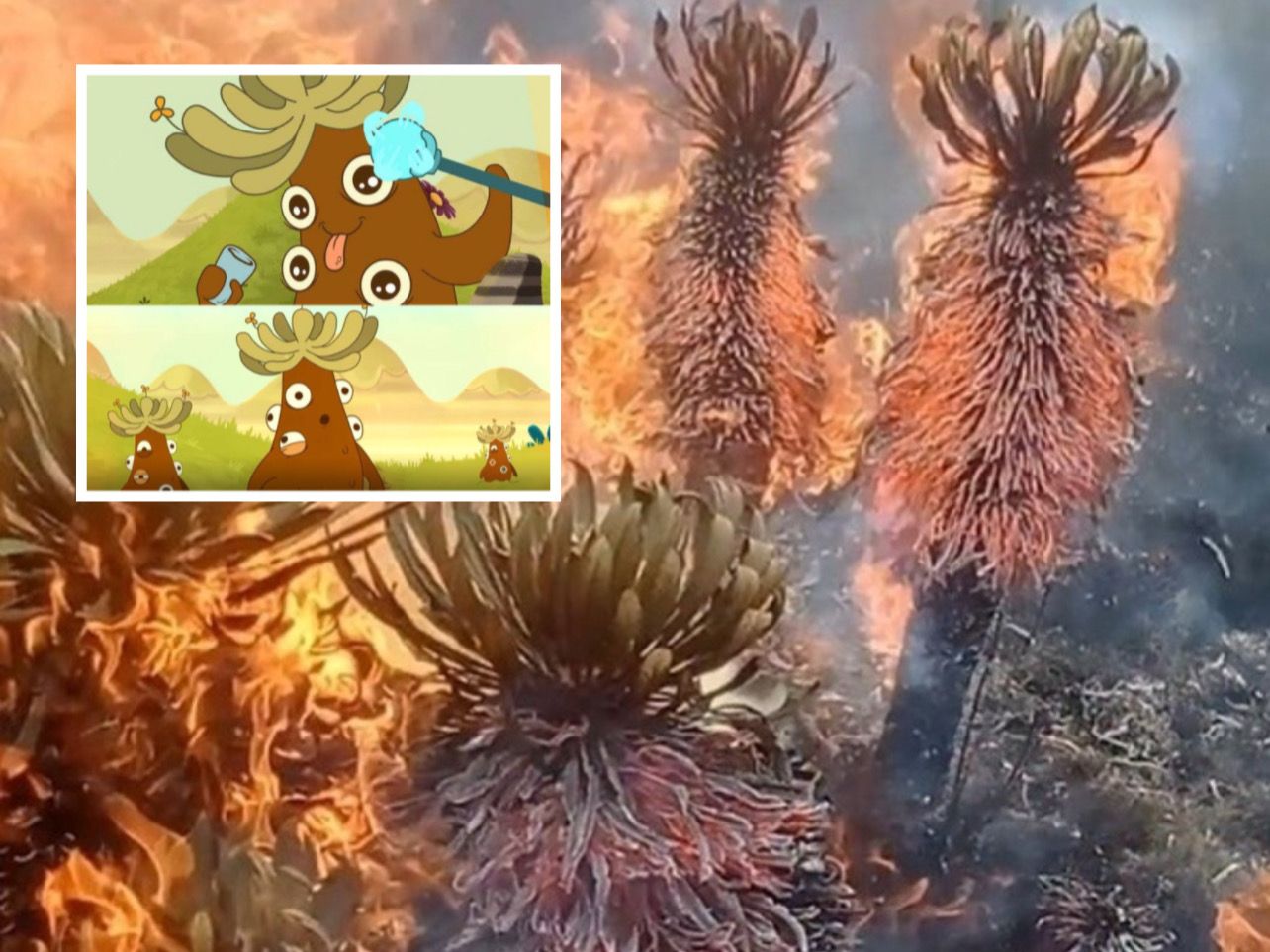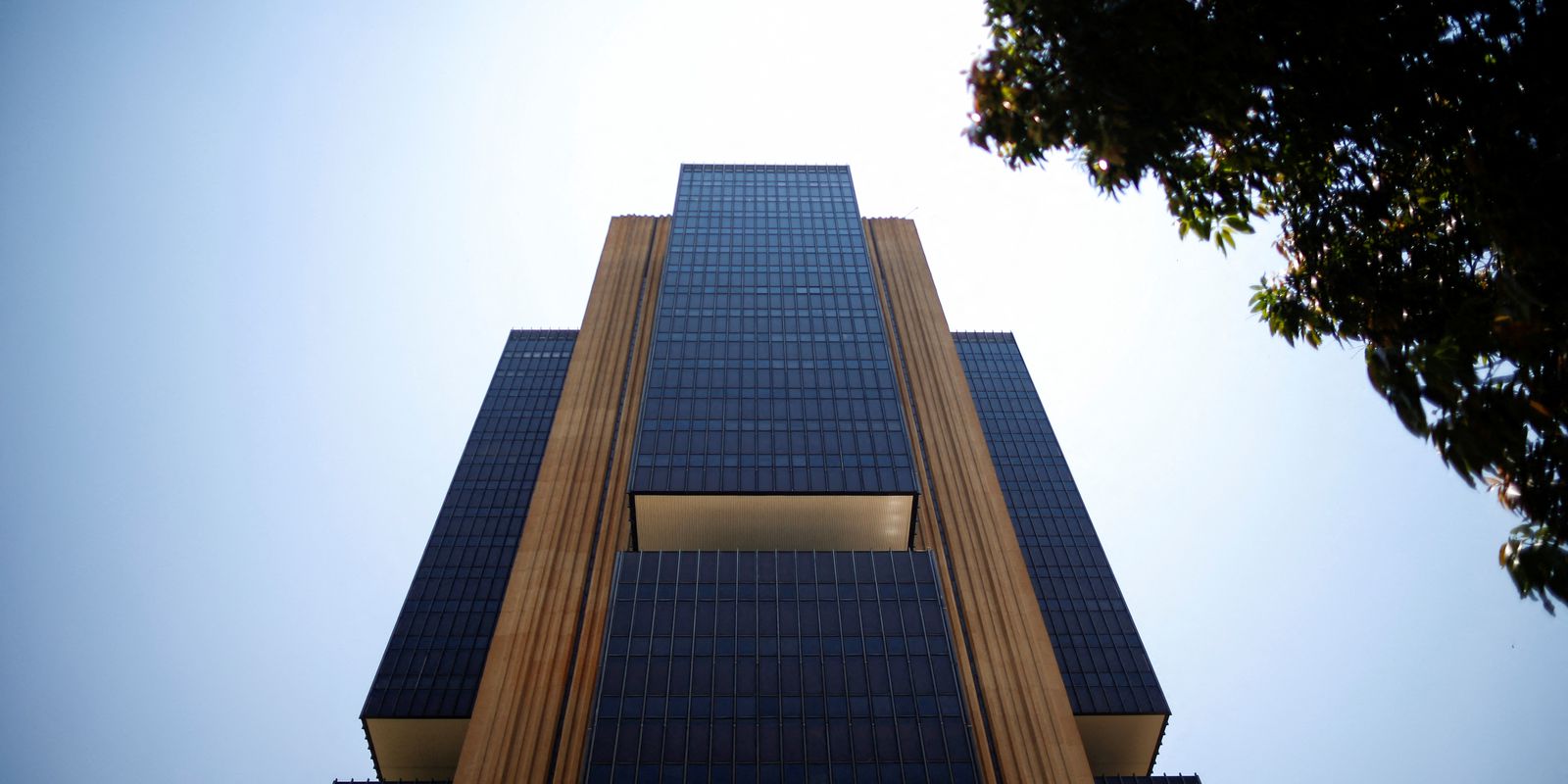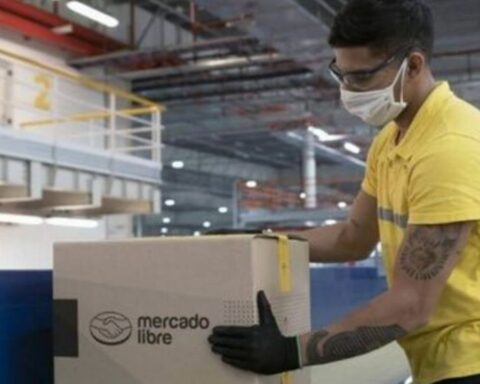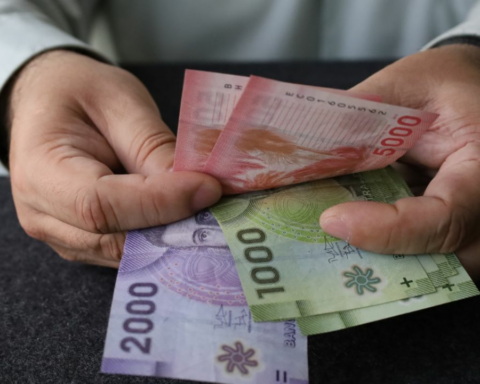
The Minister of Foreign Affairs (RR.EE.), Antonia Urrejola, headed his first meeting of the Advisory Council in view of the argument hearings in The Hague for the Silala watercourse case, which confronts Chile with Bolivia. The Undersecretary of RR.EE was also present at the appointment. and agent before the International Court of Justice (ICJ), Ximena Fuentes.
As indicated by the ICJ on March 9, the hearings will begin on April 1 and will last until the 14th of the same month.
You may also like:
“This case has the peculiarity that both parties have presented scientific experts and they are going to be questioned in the presence of the Court,” Urrejola told the Advisory Council, collects CNNChile.
“Another peculiarity is the hours in which the allegations will be made and the hybrid face-to-face model, so only some judges and lawyers will be present in the Peace Palace, and others will be connected remotely, due to the capacity due to the pandemic. ”, he added.
Present at the meeting were the Secretary General for Foreign Policy, alex witzig; the director of the National Directorate of State Borders and Limits, Charles Dettleff; The Embassador Jose Miguel Capdevila; former undersecretaries Albert Van Klaveren and Edgar Riverosand by telephone the co-agent Caroline Valdivia.
In addition, authorities from the different powers of the State, diplomats, representatives of the academic world, the Armed Forces and organizations that follow up on the cases in the Court located in The Hague participated.
Silala case
Chile presented on June 6, 2016, under the second government of Michelle Bacheleta lawsuit against Bolivia before the ICJ so that it declares that the Silala is an international watercourse and that Chile, as a riparian, has the right to use its waters.
In the lawsuit filed before The Hague, Chile argued that the Silala originates from underground water springs in Bolivian territory “a few kilometers northeast of the international border between Chile and Bolivia.” The Silala then flows across the border into Chilean territory where it “receives additional water from various springs. . . before reaching the Inacaliri River”.
According to Chile, the total length of the Silala is about 8.5 km; Of this distance, approximately 3.8 km are located in Bolivian territory and 4.7 km in Chilean territory. The country also stated that “[l]he waters of the Silala River historically and for more than a century have been used in Chile for different purposes, including water supply to the city of Antofagasta and the towns of Sierra Gorda and Baquedano”.
They also explained that “the nature of the Silala River as an international watercourse was never questioned until Bolivia, for the first time in 1999, claimed its waters as exclusively Bolivian.”
They also maintained that “it has always been willing to start talks with Bolivia on a system for using the waters of the Silala”, however these talks were unsuccessful “due to Bolivia’s insistence on denying that the Silala river is a water course. and the assertion that it has the right to 100% use of its waters”.
Later, in 2018, Bolivia announced the filing of a counterclaim.







